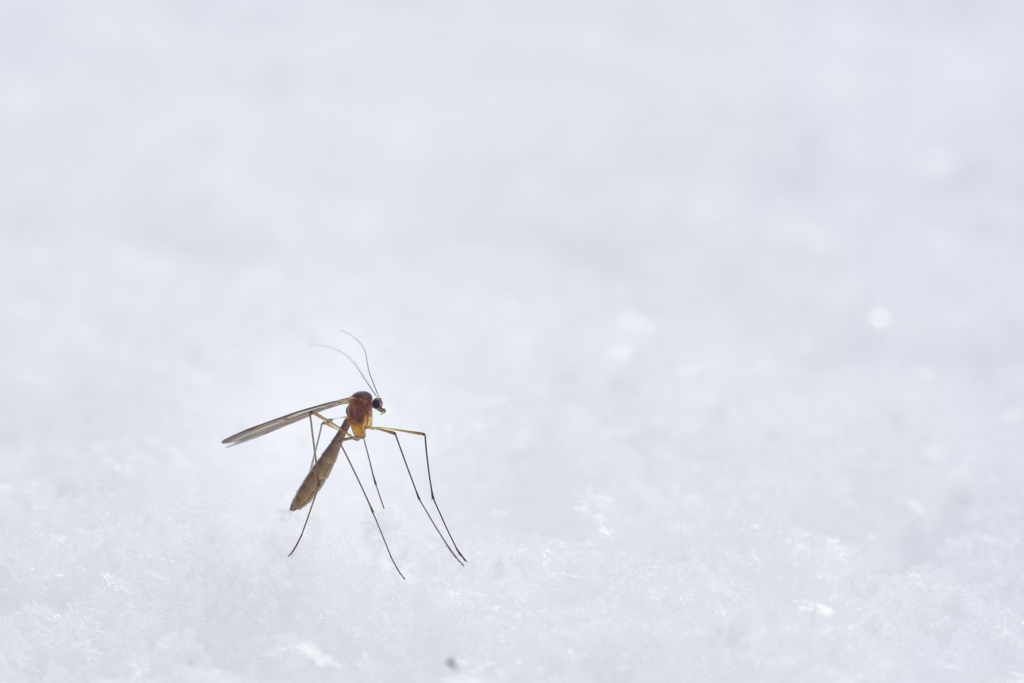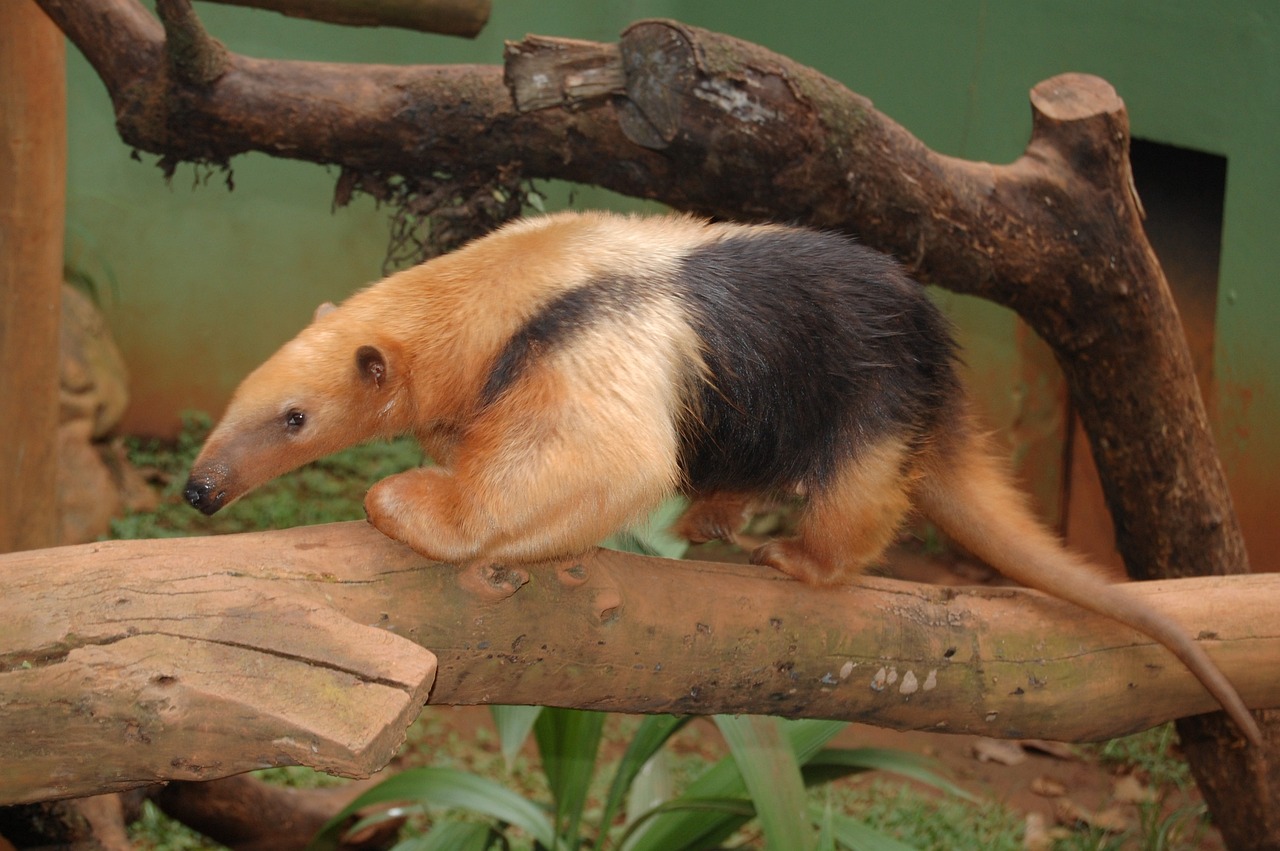In a surprising twist, Los Angeles County is fighting a tiny but formidable enemy by deploying a massive army of its kind. The Mediterranean fruit fly, an infamous agricultural pest, has prompted a quarantine over a Los Angeles neighborhood, and the solution involves unleashing millions of sterile fruit flies to combat the invasion.
The quarantine follows the detection of three wild Mediterranean fruit flies, each no larger than a quarter-inch yet threatening enough to disrupt the entire local produce system. Found in the Leimert Park area in early October, these pests lay eggs within fruits and vegetables, spawning maggots and spoiling produce. To stop this alarming situation, officials have drawn up a 69-square-mile quarantine perimeter around the affected zone.
California Department of Food and Agriculture (CDFA) entomologist Jason Leathers, who is overseeing the fly release program, stressed the urgency of addressing this issue promptly. Despite only three flies being found, Leathers warns there are likely more. To stem the population, the department has planned a weekly airdrop of approximately 250,000 sterile male flies per square mile in the vicinity where the wild flies were found.
The strategy employed here is biological control, where sterile males mate with wild females, leading to no offspring and a gradual decline in the fly population. This pest control method is considered non-invasive and environmentally friendly, as it targets the pest species without affecting other organisms or the ecosystem.

Local organizations such as Crop Swap LA, a group involved in redistributing surplus fruits and vegetables to those facing food insecurity, are feeling the brunt of the quarantine. Jamiah Hargins, the director, has reported a significant cut in their produce deliveries and is looking for alternative ways to use the remaining crops, like making sauces and salsas.
The Mediterranean fruit fly is only one of several invasive species that have found their way into California. Recently, Queensland fruit flies and Tau fruit flies have also been detected, prompting actions similar to those being taken in Leimert Park. These invasions have raised alarms over the state’s agriculture, with officials like Ventura County agricultural commissioner Korrine Bell labeling the situation an “agricultural crisis.”
These infestations are of significant concern for California, a state that produces the majority of the nation’s fruits and nuts. The Mediterranean fruit fly is a particularly voracious pest, known to infest over 250 types of produce. The CDFA and the U.S. Department of Agriculture (USDA) have a long-standing preventive release program in place, which has been successful in reducing infestations by over 90% in nearly three decades.
The sterile flies, bred in Hawaii and Guatemala and distinguishable by their dyed pink or orange hue, are shipped in by the millions to Los Alamitos, California, for distribution. This eradication effort requires 28 flights per week to cover a 1,750-square-mile region, with two flights per week now rerouted specifically for Leimert Park.
While the risk of a Mediterranean fruit fly epidemic looms over California, swift and innovative measures like the sterile insect technique offer hope in protecting the state’s vital agricultural sector. Dr. Leathers emphasizes the importance of outnumbering the wild fly population with sterile counterparts to ensure the program’s success, a critical step in averting what could otherwise be an “untold level of catastrophe” for California’s growers and the agricultural economy.

































































































































































































































































































































